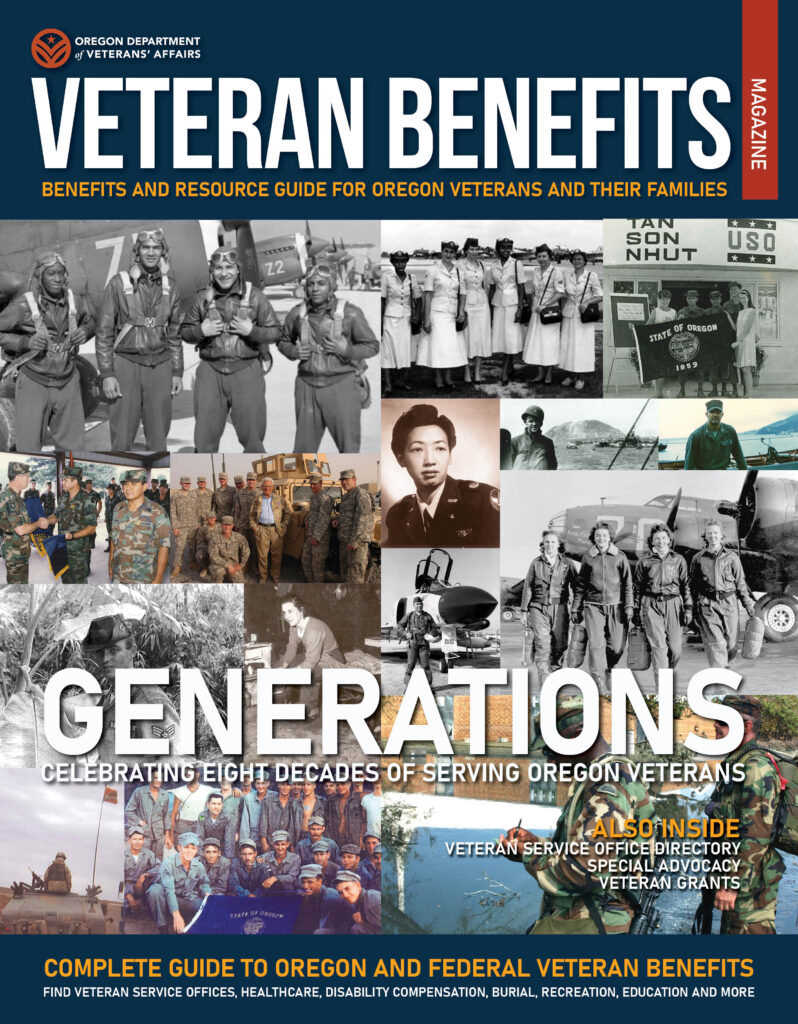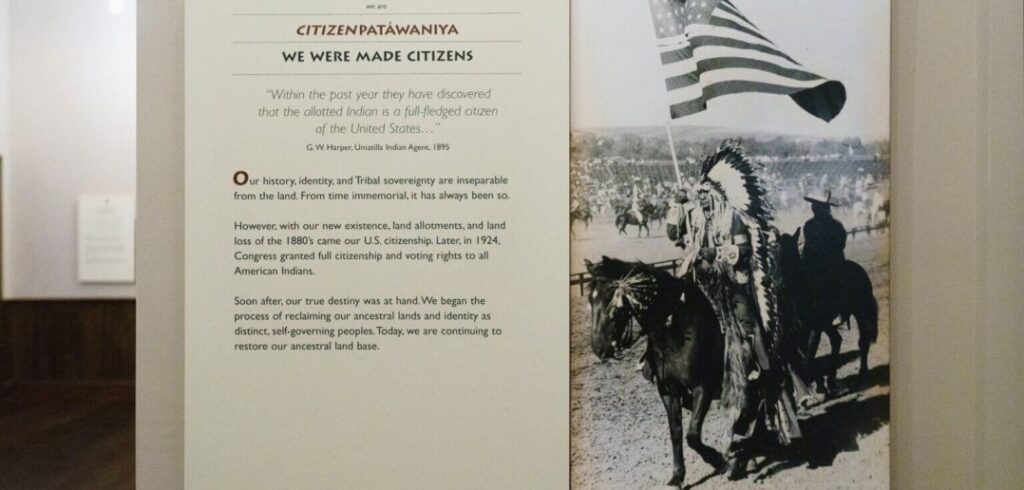![]()
A quarter of all U.S. Veterans choose to reside in rural communities when leaving the service. These 5.2 million Veterans face challenges accessing health care that are only intensified by their military-related injuries and illnesses.
Veterans in rural areas have a higher risk of suicide and less access to mental health providers than their urban counterparts according to the Centers for Disease Control and the American Psychological Association.
One of VA’s several efforts to diminish Veteran suicide is Community Clergy Training, a partnership to train clergy to recognize the challenges faced today by servicemen and women, active or retired. Most rural communities have faith based groups and often, people seeking mental health services will start with the clergy the know.
Recognizing the challenges rural Veterans face, specifically in New Hampshire and Vermont, Ben Kaler, a Marine Veteran and employee of VA’s Veterans Experience Office (VEO) began to research options to improve mental health services in his area.
Veterans Experience Office field consultant Ben Kaler (left) and Chaplain Samir Habiby (right) both served in 2nd Battalion, 4th Marines. Ben in Iraq and Habiby in Vietnam.
“I wanted a way to reach Veterans in rural areas that may not have contact with VA services, local community services or state resources,” said Kaler.
Ben soon discovered the VA Community Clergy Training Program (CCTP), which since 2010 has trained more than 4,000 clergy, chaplains and behavioral health professionals who support rural Veterans.
Churches and houses of worship are an important contact point for rural
Views: 24




